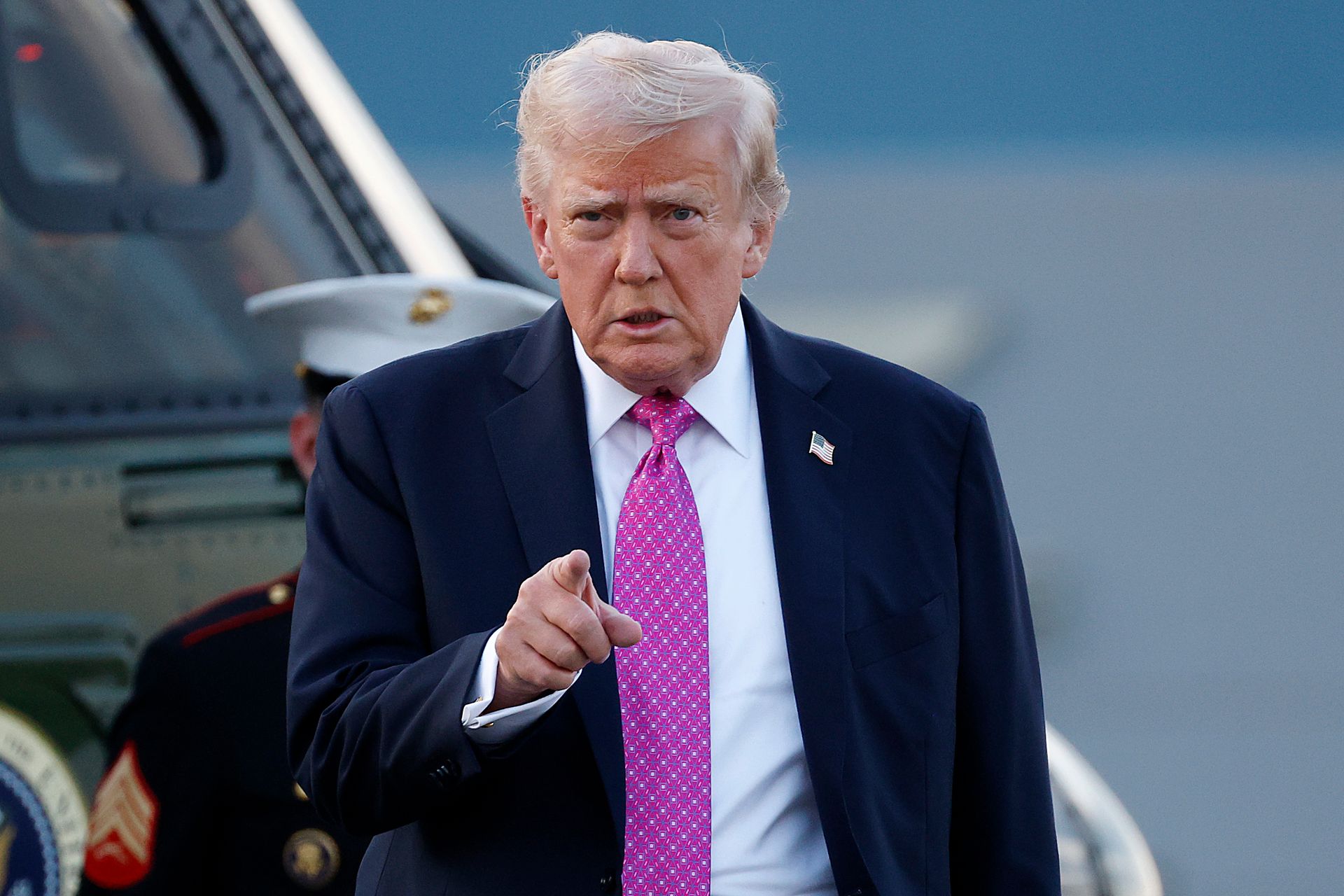Ukrainian drone attacks on oil refineries drop Russian diesel exports to 5-year low, FT reports

Ukraine's ongoing drone strikes on Russian oil refineries have led Russian diesel exports to drop to levels not seen since 2020, the Financial Times (FT) reported on Sept. 23.
Kyiv continues to escalate its campaign against Russian oil and gas infrastructure, a key source of Moscow's revenues helping to fuel its all-out invasion of Ukraine.
According to FT, 16 of Russia's 38 oil refineries have been struck by Ukrainian drones since August 2025. The disruptions have limited Russia's refining capacity by over 1 million barrels per day, the research group Energy Aspects told FT, dropping exports to below pre-war levels.
The attacks on the refinery comes as Russia also faces a mounting gasoline shortage, exacerbated by Ukrainian strikes on oil infrastructure.
Kyiv has urged Western allies to implement additional economic pressure on Russian oil, claiming that doing so will disrupt the Russian economy and force Russian President Vladimir Putin to come to the negotiating table.
U.S. President Donald Trump has repeatedly called on the European Union to halt Russian energy imports, arguing that ending Russia's energy revenue stream is a prerequisite for tougher U.S. measures.
In an address to the UN General Assembly on Sept. 23, directly called on allies to halt the imports.
"Europe has to step it up. They can't be doing what they're doing. They're buying oil and gas from Russia while they're fighting Russia," Trump said.
"Inexcusably, even NATO countries have not cut off much Russian energy and energy products — which, as you know, I found out about two weeks ago, and I wasn't happy. Think of it: they're funding the war against themselves. Who the hell ever heard of that one?," the U.S. president added.
EU Commission President Ursula von der Leyen announced on Sept. 16, amid pressure from Trump, will propose to phase out Russian energy purchases sooner than initially planned.
Amid the proposal, Hungary and Slovakia have remained a key importer of Russian oil despite repeated calls to cut dependence.
Trump said on Sept. 23 that he might talk to Hungarian Prime Minister Viktor Orban about the issue.
"He's a friend of mine," he said. "I have not spoken to him, but I have a feeling that, if I did, he might stop. And I think I'll be doing that."
Russia's economy has continued to face uncertainty amid high inflation, slowed economic growth, and near-record interest rates. Trade sanctions have also limited access to markets for businesses, leading to dampened economic opportunities.













